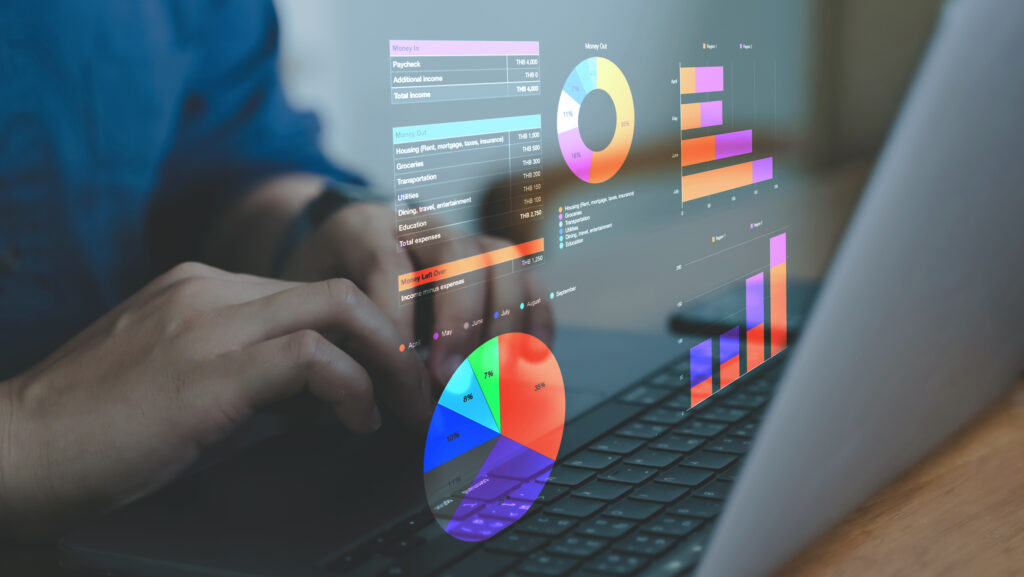Opinion: Farmers should be paid for their data
 © Adobe Stock
© Adobe Stock It’s 4.30pm on Friday and I’m spent. My back is screaming, my head is thumping and I’m ready to go full-on foetal position on the sofa for the foreseeable future.
I always knew farming was exhausting, but this wasn’t from a week of TB testing or late-night tractor driving.
This was from drowning in data for six hours, trying to complete a carbon footprint before the 5pm deadline.
With a step count of less than 3,000 and the empty wrapper of a foot-long Swiss roll that would hint at a calorie intake of five figures, it’s safe to say this wasn’t the type of farming I signed up for.
See also: Opinion – colostrum will be key in a two-tier calf market
This is my fourth carbon footprint in 24 months, using three different online calculators, requested by three different companies.
Each calculator requires slightly different information and seems to want it in different formats. What’s more, they come back with an alarmingly varied set of results, none of which I completely understand.
Much like the eight weather apps I have on my phone, I decide which is the best based on what I want the forecast to be, rather than which is more accurate.
Surely the time has come to standardise the system, not only to make our lives easier, but also to give the results more credence.
On top of all the data required for these, we monitor grass growth on a weekly basis, weather on a daily basis, cattle growth rates, soil health, dry matter intakes, biodiversity and antibiotics use, to mention just a few.
Each one has individual merit, but together it feels like a full-time job.
Let’s face it, none of us got into agriculture to sit at a computer and crunch numbers, and although I’m a geek at heart, there is only so much I can handle.
As we enter a new era of farming, where environmental restoration is as important as food production, data is the key to helping us turn the wider benefits of good farming practice into cold, hard cash.
Whether it’s selling carbon credits, biodiversity net gain or proving soil health regeneration, it all needs to be backed up with numbers.
It all starts with baselining – collecting as much information as physically possible now, so we have the background data to show improvements down the line.
Although I’d rather have my prostate checked again over collecting any more information, I’m starting to realise the power we hold in our spreadsheets and phones, and have become more protective of it.
I’m not talking about protecting it from online thieves or the Chinese government (I’m fairly sure neither would be that interested to know 6533 had 5ml of Metacam last Wednesday), but I am more careful about who I agree to share it with, as I want to make sure I’m the one who sees the financial reward for it.
Data is big business, but collecting and collating information takes a significant amount of time and cake-fuelled mental energy, especially if your keyboard skills are more thumb-thumping than touch-typing.
If supermarkets and processors are going to request more and more information in an attempt to fulfil environmental goals, including net zero, they need to understand it comes at a cost, and should be willing to pay for it.

